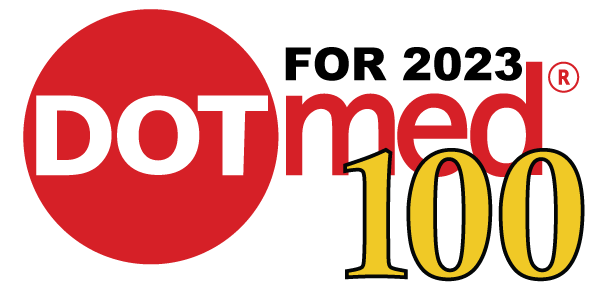Anesthesia Monitoring in the Dental Environment
We have noticed some trends/changes since the new year (2017) started. One of those changes directly affects our customer base and the dentistry industry. The ADA has implemented changes to their capnography regulations and teachings with respect to sedation. The House of Delegates voted to adopt revisions to the guidelines concerning the use of sedation/anesthesia by dentists. This revision will have an effect on upcoming industry leaders, teaching both current dentists as well as dental students at most universities.
More specifically, the ADA recommends changes to end-tidal CO2 monitoring during moderate and deep sedation. Their main objective is always patient safety and these new recommendations allow the ADA to further these ideals.
New Sedation Anesthesia Guidelines
Another advancement in the medical industry comes from the AAMI Foundation, in their attempt to tackle the purchase and usage of complex healthcare technology/practices. While acknowledging the complexity of modern medicine and the introduction of new patient safety initiatives, the AAMI Foundation is assembling diverse guidelines and procurement options.
Understanding the inherent risks involved in using complex technology, the AAMI and their diverse group of experts are striving to diagnose, monitor and treat patients by promoting practices that address:
- Selecting and purchasing complex technology
- Educating and training clinical users of healthcare systems
- Assessing proficiency of use
Since 2014, the Foundation has established four other patient safety initiatives that focus on infusion therapy, clinical alarm management, continuous electronic monitoring of patients and home health infusions.
Monitoring Solutions for Mild Sedation
Learn more about Terrain’s range of monitoring solutions for mild sedation >>
Contact Terrain Biomedical today about or call 773-697-8400 for more information

